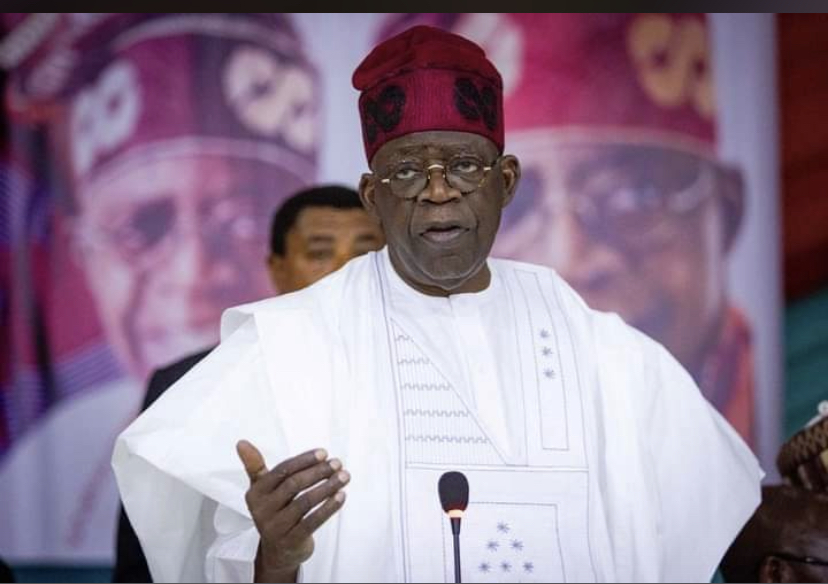Tinubu Directs Crude Oil Sales To Be Handled By CBN, No Longer NNPCL
In a bold move to ensure transparency and accountability in the oil sector, President Bola Tinubu has ordered the Central Bank of Nigeria (CBN) to take over the responsibility for crude oil sales from Nigerian National Petroleum Company Limited (NNPCL).
The decision, which was announced on Monday, is aimed at curbing the alleged corruption and mismanagement that have plagued the NNPCL for years. The NNPCL has been accused of under-reporting the amount of crude oil sold and diverting funds meant for the federal government.
Under the new arrangement, the NNPCL will submit receipts for crude oil sales to the CBN for vetting and documentation. The CBN will then forward the receipts to the Ministry of Finance for reconciliation and remittance.
A source within the CBN confirmed the development to Western Post, saying the new policy will take effect immediately. The source said the CBN will work closely with the Ministry of Finance and the NNPCL to ensure that all foreign inflows are returned to the central bank.
“This coordinated effort will greatly enhance the bank’s foreign exchange flows and contribute to the accretion of reserves,” the source said.
The source also said the CBN will implement a market-determined exchange rate policy to streamline and unify multiple exchange rates, foster transparency and reduce opportunities for arbitrage.
“The resulting consistent and stable exchange rate will not only boost investor confidence but also attract foreign investment, elevating Nigeria’s appeal to global investors,” the source said.
The source added that the CBN will uphold the integrity of financial markets and decisively address any infractions and abuses.
The new policy has been welcomed by many stakeholders in the oil sector, who see it as a positive step towards reforming the industry and boosting the economy.
However, some critics have expressed doubts about the feasibility and effectiveness of the policy, citing the challenges of coordination and oversight among the various agencies involved.
Some have also questioned the timing and motive of the policy, noting that it comes amid declining oil revenue and rising debt. They have pointed out that former Vice President and PDP Presidential Candidate in the last general election, Alhaji Atiku Abubakar, had recently raised a related issue, asking for details of crude oil that will be used to retire the recent $3.3 billion loan from the Afri-Exim Bank.
They have wondered if the policy is a response to Atiku’s query or a preemptive move to avoid scrutiny and accountability.
The policy is expected to have significant implications for the oil sector and the economy at large, as Nigeria relies heavily on crude oil exports for its foreign exchange earnings and fiscal revenue.
The policy will also test the capacity and credibility of the CBN and the NNPCL, as they will have to prove that they can handle the enormous task of managing the country’s oil wealth in a transparent and efficient manner.



